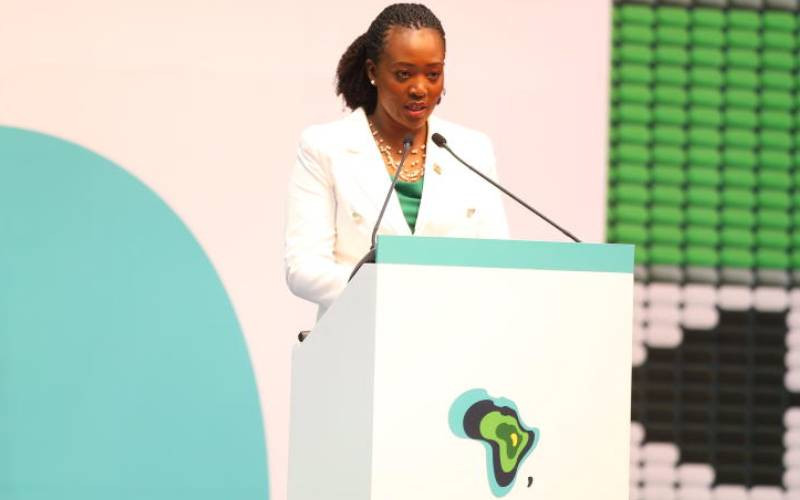
In a major break from the past, Africa will go to the 28th annual United Nations Conference of Parties (COP28) meeting in the United Arab Emirates this year with a united position courtesy of the first ever Africa Climate Summit that is being co-hosted by Kenya and the African Union.
The Heads of State and Government high-level meeting is being held alongside the annual Africa Climate Week. Two weeks ago, jointly with the African Union and partners led by the United Nations Office in Nairobi and the Embassy of Denmark, we unveiled the Africa Climate Summit and Africa Climate Week Secretariat Office and announced the venue and theme as well as the roadmap towards the successful hosting of the two events.